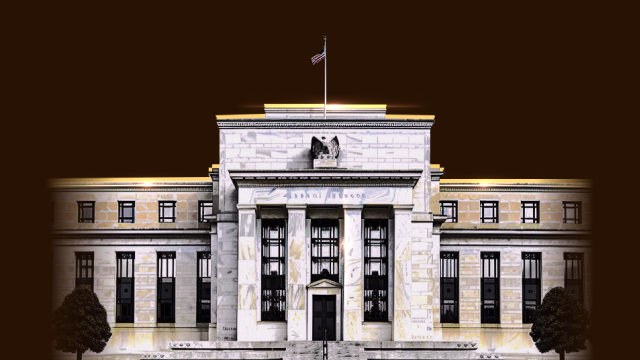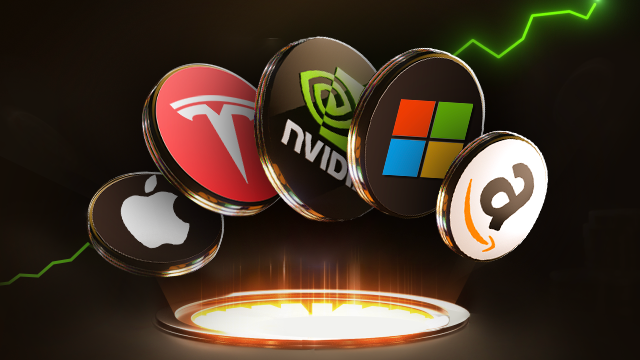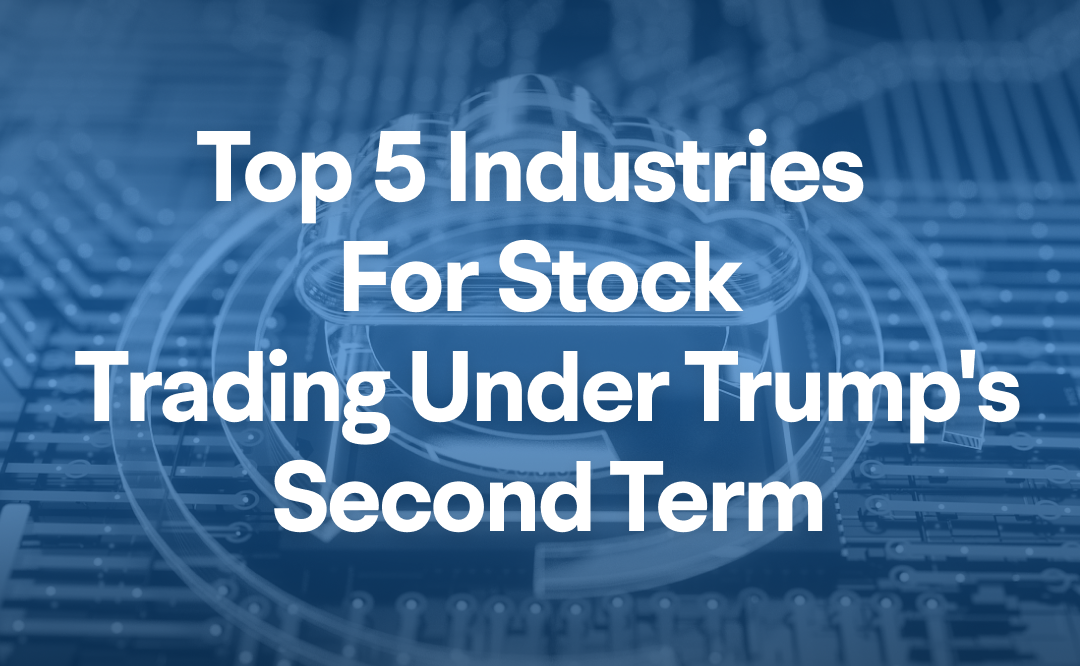RWM250516C13000
- 0.00
- 0.000.00%
Short Russell 2000 Proshares Newsroom
US Morning News Call | U.S. and China to Meet in Switzerland, Possibly Easing Trade War
The largest stock buyback frenzy in history has arrived! In the midst of uncertainty, companies choose to "buy the dip" on themselves.
According to Deutsche Bank, S&P 500 Index constituent companies are expected to buy back $192 billion worth of Stocks in the coming months, the highest single-week record since 1995. Under the shadow of uncertainties such as trade tariffs, companies prefer to deploy large Cash reserves through buybacks.
FOMC Preview: When Will Powell Turn Dovish Amid Tariff Tensions?
Despite the tariff disputes, should one still stick to U.S. stocks? Morgan Stanley provides five major investment recommendations.
① Should one choose Large Cap stocks or Small Cap stocks? Should one choose industrial stocks or Consumer stocks? Should one still remain committed to U.S. stocks? ② Morgan Stanley U.S. stock strategist Wilson offers five investment recommendations to investors to address Global trade risks.
After Buffett "hands over the baton", Berkshire has made substantial bottom-fishing purchases, while retail investors gamble on the enduring faith in the "stock god".
On Monday, retail investors invested more than 24 million dollars in Berkshire Hathaway Class B Stocks.
Goldman Sachs outlook for the May Federal Reserve meeting: the threshold for interest rate cuts is higher than in 2019, and it is necessary to wait for employment and other hard data to weaken.
Analysts including Jan Hatzius from Goldman Sachs have stated that inflation and inflation expectations based on surveys are currently much higher, and decision-makers need to see more compelling evidence of an economic slowdown before taking action. The strongest argument for interest rate cuts would be if Federal Reserve officials believe that data indicates the unemployment rate may continue to rise, which means that other signs such as rising unemployment, weak wage growth, and companies becoming cautious or weak demand growth need to be observed.
Markets Rattled As Trump Tariffs Overshadow Fed Calm
U.S. Treasury Secretary and USTR to Meet With Chinese Counterparts Amid Possible Break in Trade War
U.S. stocks closed: Trade uncertainty rises, and the three major Indexes collectively declined.
① The CEO of NVIDIA stated that the AI market in China is expected to reach 50 billion dollars; ② AMD's revenue in the first quarter was 7.44 billion dollars, a year-on-year growth of 36%; ③ Super Micro Computer's net sales in the third quarter were 4.6 billion dollars, falling short of expectations.
Wall Street giant Paul Tudor Jones: It is still very likely that the U.S. stock market will hit new lows, and AI poses a threat to survival.
Paul Tudor Jones expressed a pessimistic view. He stated that even if USA President Trump eases tariff policies, the US stock market is still likely to create new lows, unless the Federal Reserve is very dovish and significantly lowers interest rates. He is increasingly concerned about the dangers posed by AI and warns that this risk is not limited to impacts on the stock market and economy; he sees AI as a "survival threat."
Trade Deficit Widens to a Record $140.5 Billion
US Morning News Call | India Proposes Zero-For-Zero Tariffs On Steel, Auto Parts
JPMorgan traders "draw the line": U.S. stocks first break 6000, then hit a new low!
JPMorgan expects that, driven by factors such as the activation of CTA strategy and accelerated Share Buybacks, the S&P 500 Index will first challenge the 6000-point mark. However, afterwards, if investors hold a pessimistic view on the mid-term outlook under high tariffs, the market may retest low levels. JPMorgan agrees with the current widespread view of an economic recession and anticipates a significant decline in hard data such as non-farm employment and retail sales in the next 1-2 months.
Deutsche Bank: The sell-off of USA Assets has been excessive.
Deutsche Bank pointed out that at the beginning of April, the USA market experienced significant volatility, but the panic regarding the dollar, USA Consumer data, and overall confidence in USA Assets may be exaggerated. From a relative valuation perspective, some cyclical USA Consumer stocks may begin to show investment attractiveness. Although policy volatility may persist, the narrative of "selling dollar Assets" may have reached its peak.
Wall Street Futures Dip On Trump's New Tariffs, Fed Meeting In Spotlight
U.S. stocks closed: The three major Indexes all fell, with Berkshire dropping over 5%.
① Apple issued bonds for the first time in two years; ② The Board of Directors of Berkshire Hathaway voted to appoint Abel as CEO, while Buffett continues as Chairman; ③ The reorganization plan of OpenAI had to change and will continue to be controlled by a nonprofit entity.
US Morning News Call | Trump Says He Wants a Fair Trade Deal with China
Tariffs, recession? The U.S. stock market just "doesn't care"!
On one hand, Goldman Sachs believes there is a 45% chance of a recession occurring within the next 12 months, while Apollo recently set it at 90%; on the other hand, the S&P 500 Index has just ended its longest nine-day winning streak since 2004, and bond yields and the dollar have stabilized. However, underlying concerns remain, as investors' risk compensation for U.S. stocks is below historical standards. The market is currently closely monitoring credit card data, which will serve as one of the warning signals.
The most profitable investment Buffett made in his life came from the "changes" in the last ten years of his career.
Buffett stated that the wealth created for Berkshire by Apple's CEO Cook far exceeds his own. Previously, Buffett had consistently avoided technology stocks until he made an exception and invested in Apple in 2016, resulting in significant returns for Berkshire.
GDP Shrinks for First Time in 3 Years as Trump Tariffs Trigger Record Trade Deficit



